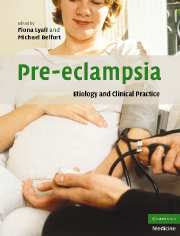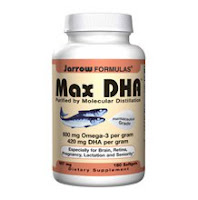 Severe stress during pregnancy may help cause schizophrenia. So says a study out New York University School of Medicine. According to researchers, severe stress–like wars, natural disasters, terrorism, or sudden bereavement–can lead to epigenetic changes, which are changes in gene expression, not changes to the DNA itself.
Severe stress during pregnancy may help cause schizophrenia. So says a study out New York University School of Medicine. According to researchers, severe stress–like wars, natural disasters, terrorism, or sudden bereavement–can lead to epigenetic changes, which are changes in gene expression, not changes to the DNA itself.
The study looked at data from 88,829 people born in Jerusalem from 1964 to 1976. They wanted to see if an increase in schizophrenia occurred in babies born to women during the height of the 1967 Arab-Israeli Six-Day War. What they found is astounding: babies born to mothers who were two months pregnant in June of 1967 were significantly more likely to develop schizophrenia. The height of bombing in Jerusalem was a three day period from June 5-7.
Females born during this period (January 1968 to be exact) were 4.2 times more likely to develop schizophrenia than the 1.1 % of the population which is the global norm. Males born during this period were 1.2 times more likely to develop the mental illness. Wow! Although the researchers didn’t rule out a genetic link–that is, the babies had a high family risk for developing schizophrenia–it is unlikely. While schizophrenia in the general population has some family ties, the majority of cases do not. So epigenetics seems to be the logical mechanism.
 I find these results fascinating, because I’m a firm believer that we all have every gene, but it’s whether or not it’s expressed that counts. This would explain some seemingly random human variations, like gender identity disorders, psychopathy, and schizophrenia. And it makes complete sense that a strong connection exists between Mom’s experiences during gestation and how baby forms.
I find these results fascinating, because I’m a firm believer that we all have every gene, but it’s whether or not it’s expressed that counts. This would explain some seemingly random human variations, like gender identity disorders, psychopathy, and schizophrenia. And it makes complete sense that a strong connection exists between Mom’s experiences during gestation and how baby forms.
In epigenetics, as it is understood and discussed today, we are talking about a narrow form of gene expression, a once in a lifetime event. In other words, humans are not susceptible to environmentally induced genetic changes multiple times in their lifetime; major genetic variations occur during gestational development only. In the case of severe stress, the stress hormones can affect the placenta, ultimately changing the environment of the fetus, which then changes in response.
But wait! Don’t freak out, soon to be mom’s: we’re talking about severe stress here, not simply getting in a fight with baby’s daddy. I reported in an earlier post that this just isn’t the case, so unless you’re involved in a major trauma, you probably have nothing to worry about. But I think we will learn in the near future just how much severe stressors during pregnancy can affect the unborn child. Any thoughts?














